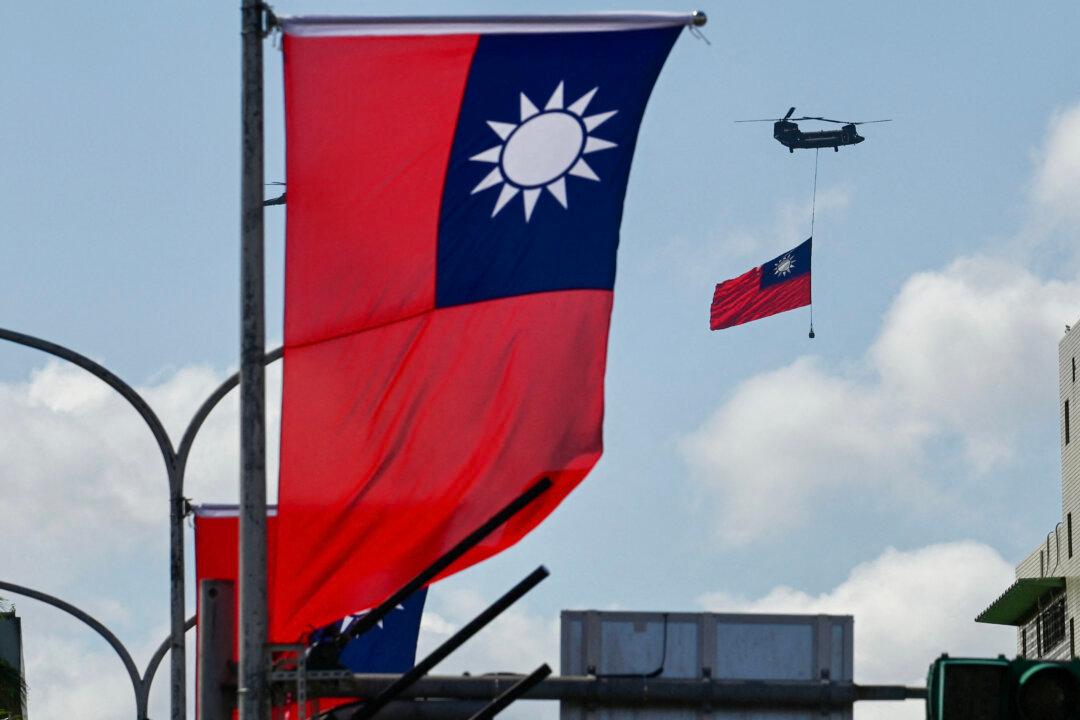TAIPEI, Taiwan—China is pressuring countries to deport citizens of Taiwan to mainland China, Madrid-based human rights group Safeguard Defenders stated in its latest report.
In doing so, the communist regime is undermining the self-ruled island’s sovereignty, the human rights group wrote in its Nov. 30 report, “China’s Hunt for Taiwanese Overseas.” The Taiwanese nationals being targeted by the regime for deportation or extradition to mainland China are those who are suspected of having committed crimes outside of Taiwan.





